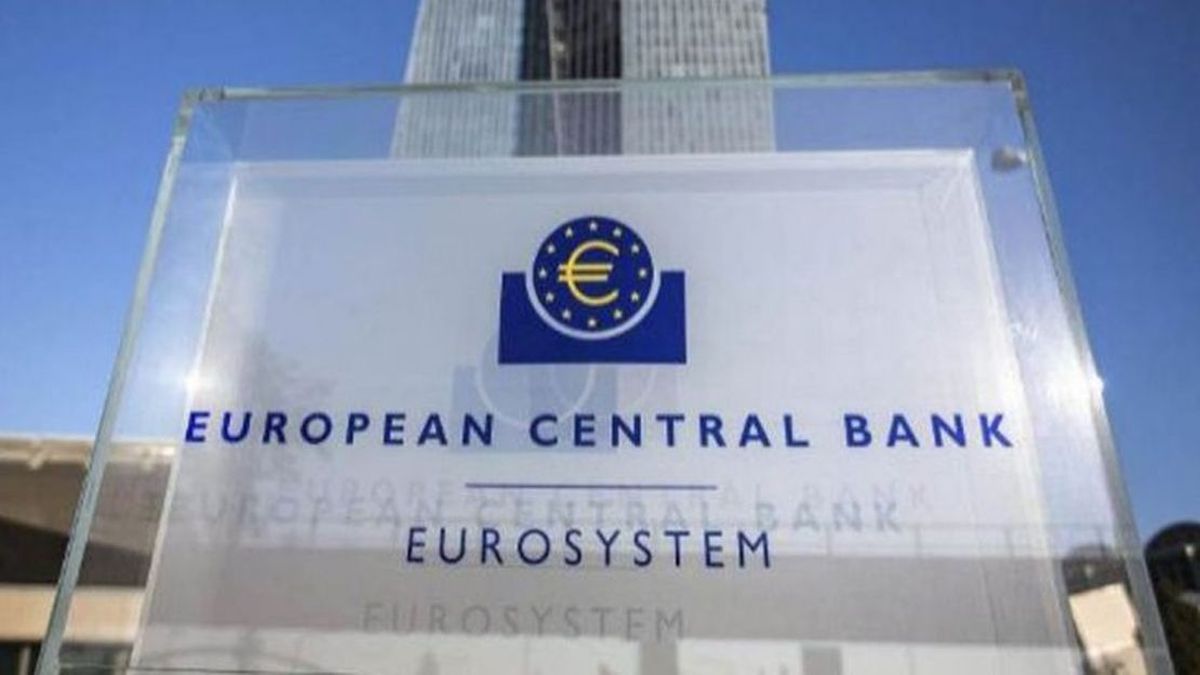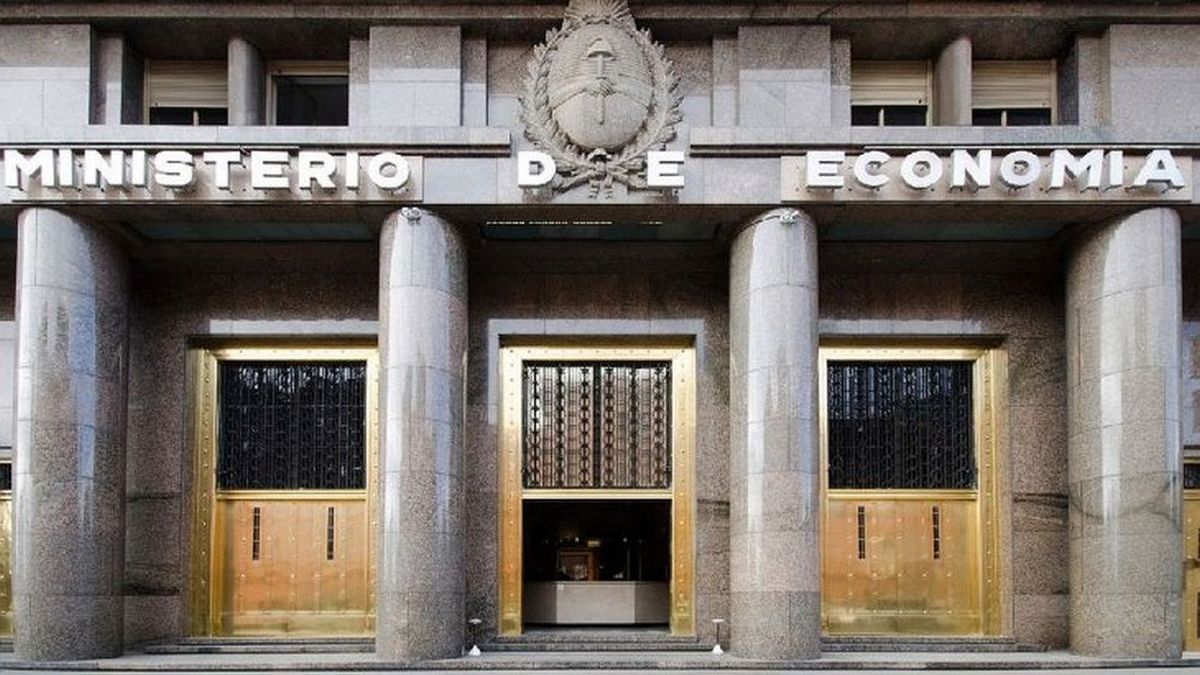The Eurozone registered a marked setback in its rate of inflationstanding at 2.9% year-on-year, as reported by Eurostat, the European statistics agency, this Tuesday.
This figure represents the lowest level of inflation in the eurozone since July 2021although it is still significantly above the 2.0% target set by the European Central Bank (ECB).
The decline in inflation in October surprised analysts. According to Eurostat, The Consumer Price Index (CPI) fell to 2.9% in the tenth month of the yearwhich represents a moderation of 1.4 percentage points compared to the 4.3% recorded in September. Consensus expectations were slightly higher, estimating that the figure would be 3.1%. In month-on-month terms, the CPI experienced an increase of 0.1%.
Eurostat’s preliminary analysis also reflects a moderation in several of the main components of inflation. Among them, the decrease in inflation in food, alcohol and tobacco stands out, which went from 8.8% to 7.5%, as well as in services (from 4.7% to 4.6%) and in non-industrial non-energy goods (from 4.1% at 3.5%).
On the other hand, inflation in the energy sector fell significantly by 11.1% compared to -4.6% in September and experienced a decrease of 1.1% in monthly terms. It is worth remembering that energy prices had experienced an sharp increase in September 2022, driven by tensions resulting from the war between Russia and Ukraine.
Europe’s underlying inflation
Core inflation, excluding the impact of energy, remained in line with consensus forecasts, declining to 4.2% from 4.5% the previous month. This indicates that, despite the decline in headline inflation, core prices remain resilient.
Regarding inflation rates by country, Belgium (-1.7%) and the Netherlands (-1%) are the two States where inflation has decreased the most in the last year. On the other hand, Slovakia (7.8%), Croatia (6.7%) and Slovenia (6.6%) had the highest rates. In the case of Spain, inflation stood at 3.5% in October, lower than that of France (4.5%) but higher than that of Germany (3%) and Italy (1.9%).
In conclusion, this data supports the idea of a possible change in ECB policy earlier than expected, with the possibility of interest rate reductions beginning in the second quarter of 2024. Despite this, it is expected that headline inflation remains below target next year.
Source: Ambito




